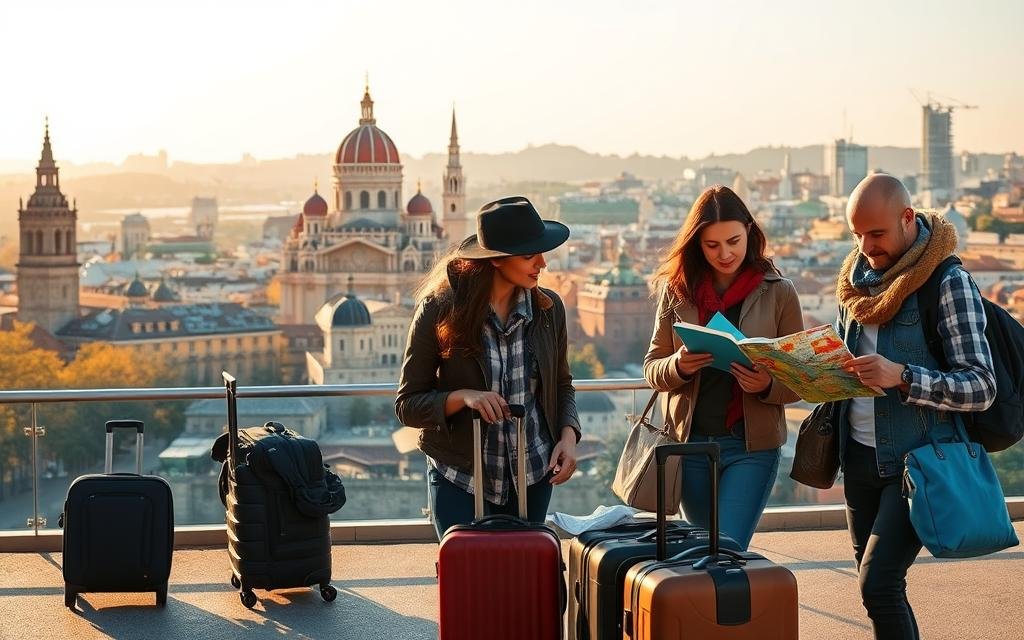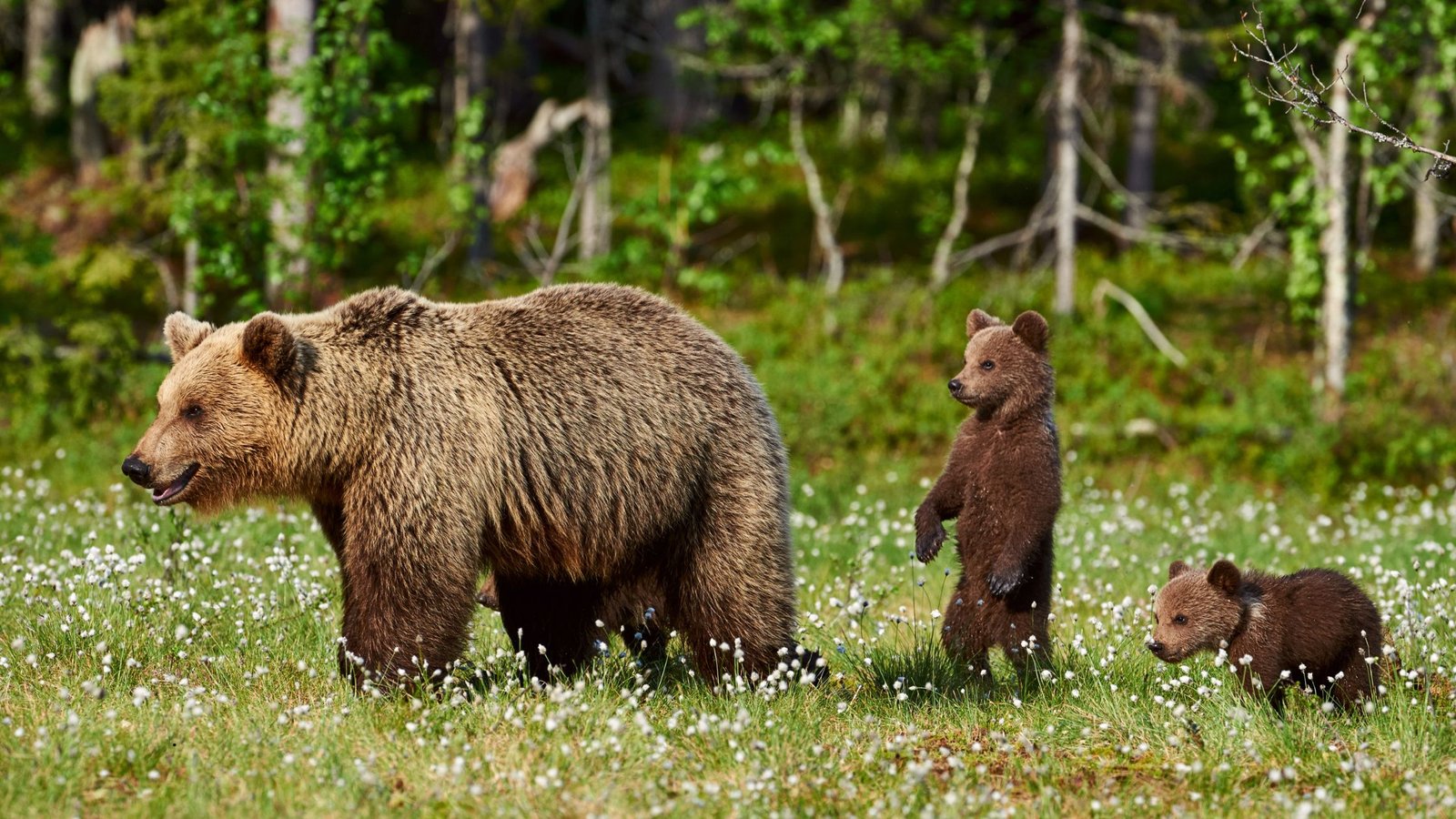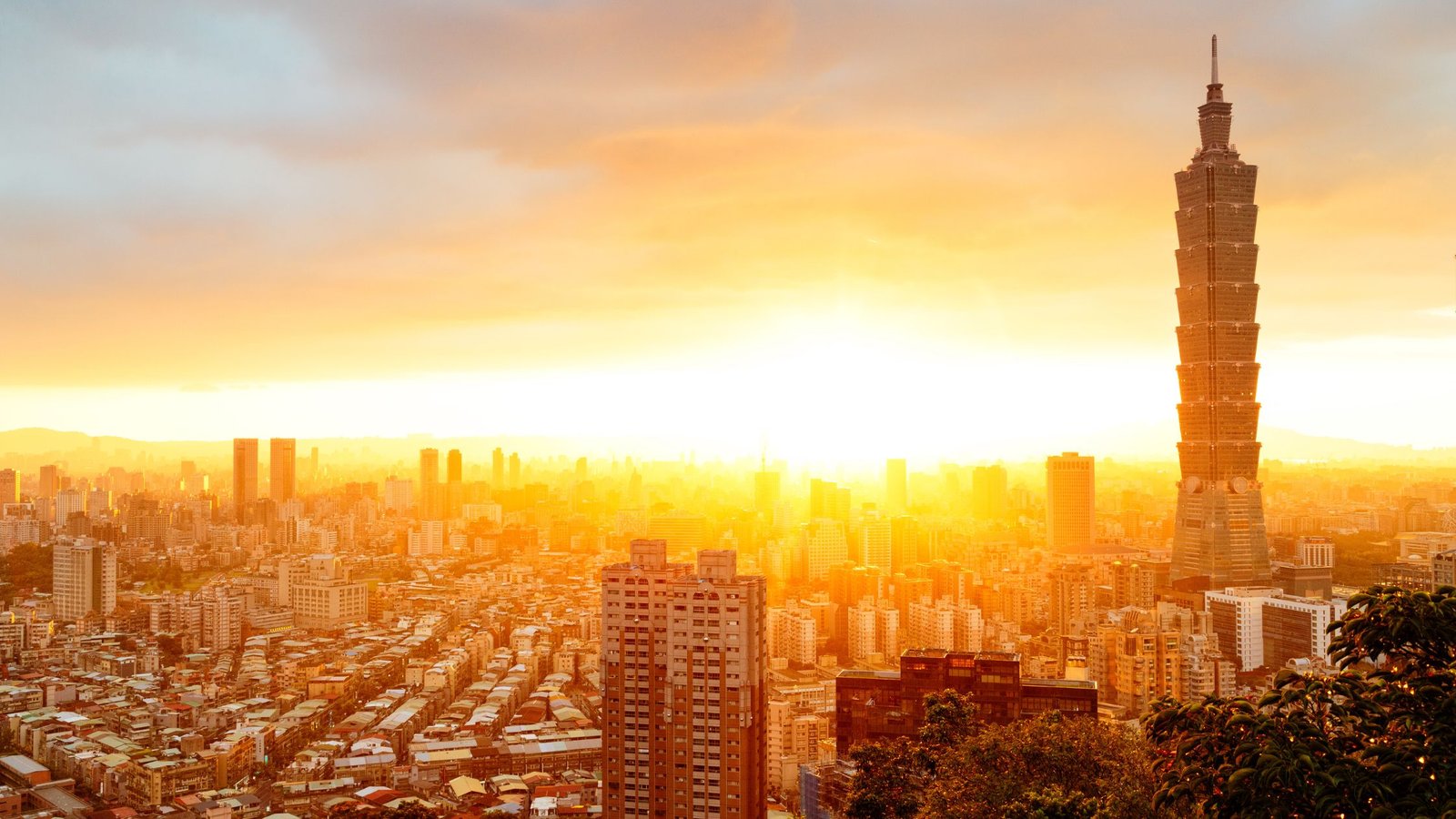Ever thought about how much planning goes into a trip abroad? Many travelers don’t realize how important it is to prepare well. This can lead to unexpected problems on their journey. In this article, I’ll share key tips on everything from cultural norms to essential documents.
By knowing the right things, you can make your trip better and avoid risks. Let’s explore the important things to know before you travel abroad.
Key Takeaways
- Thorough preparation can greatly improve your travel experience.
- Understanding destination customs can prevent cultural faux pas.
- Know your passport and visa requirements to avoid entry issues.
- Health precautions, such as vaccinations, are critical for safe travel.
- Managing finances wisely can enhance your trip enjoyment.
- Smart packing can ease logistics and make your journey smoother.
- Staying aware of local etiquette can foster positive interactions.
Understanding the Importance of Travel Preparation
Before I start any trip, I realize how key travel preparation is. Good planning makes my journey better and avoids trouble. It’s important to know about visas, vaccinations, and the local culture of my destination.
Having the right travel tips helps me feel confident in new places. This knowledge is essential for a smooth trip.
Why Preparation Matters
Good travel preparation has many benefits. It makes my trip smooth, so I can enjoy new things without stress. Knowing my destination well can reveal amazing places.
It also helps me deal with unexpected issues. Whether it’s cultural differences or travel problems, being prepared helps a lot.
Common Mistakes to Avoid
Even seasoned travelers can miss important steps. Here are some common mistakes:
- Not checking passport validity can cause last-minute problems.
- Not telling banks about travel plans can freeze accounts.
- Not researching health needs can be risky.
- Packing too much or too little based on wrong weather info.
Knowing these mistakes helps me avoid them. Understanding the value of travel preparation lets me start my adventures well-prepared and excited.
Researching Your Destination
Before I travel, I make sure to research my destination. This helps me understand the cultural differences and traditions. It also helps me know what behavior is acceptable, avoiding misunderstandings.
Cultural Norms and Customs
Every country has its own set of cultural norms. A simple handshake can mean different things in different places. For example, eye contact is seen as confidence in some cultures but rude in others.
Knowing these differences helps me get along better with locals. It makes my interactions smoother.
Local Laws and Regulations
It’s also important to learn about local laws. Some laws might surprise you, like in Singapore where chewing gum is banned. Knowing these laws helps me avoid trouble and enjoy my trip.
Language Considerations
Language is a big part of traveling. Even if many people speak English, knowing a few words in the local language is helpful. It improves communication and shows respect for the culture.
Using translation apps or learning key phrases can make a big difference. It enriches my experiences and interactions.
Document Essentials for International Travel
Planning an international trip means making sure I have the right documents. I need to know the passport and visa rules for my destination. A good travel documents checklist helps a lot.
Passport and Visa Requirements
First, I check the passport and visa requirements for my destination. Each country has its own rules. My passport must be valid for at least six months after I return.
Some places don’t need a visa for short visits. Others might need one before or when I arrive. I look up the embassy websites for the latest info.
Travel Insurance Options
Travel insurance is my safety net for unexpected problems. I look at different options to find the right policy. It should cover medical emergencies, trip cancellations, and travel changes.
Having this insurance makes me feel safer as I travel. I know I’m protected in case of emergencies.
Copies of Important Documents
I also make copies of my passport, visa, and insurance details. This travel documents checklist helps me access important info quickly. If something gets lost or stolen, I’m ready.
Health and Safety Precautions
When traveling internationally, health and safety are key. Getting the right vaccinations and health checks can prevent problems. Knowing emergency contacts and local healthcare in your destination is reassuring.
Vaccinations and Health Checks
Getting the right vaccinations and health checks before you go is vital. The shots you need depend on where you’re going. Always talk to a doctor before your trip to figure out what you need.
These steps are important for a safe and healthy trip.
Emergency Contacts
Before you leave, make a list of emergency contacts. Include local authorities, your country’s embassy, and nearby hospitals. Having this info can save your life.
Also, share these contacts with family or friends back home. They can help if you need it.
Local Healthcare Access
It’s important to know about local healthcare where you’re going. Look up the nearest hospitals and clinics and their numbers. Knowing how to use the healthcare system abroad is helpful.
This way, you can enjoy your trip without worrying about health issues.
Money Matters While Traveling
Managing your money well makes traveling better. With smart currency exchange tips, you can save money. Knowing how to use cards abroad and budgeting helps keep your finances in check.
Currency Exchange Tips
Researching the best exchange rates is key. Avoid airport exchanges for better rates and lower fees. Use local ATMs for cash, as they often have good rates. Staying informed about exchange rates helps you make smart choices.
Using Credit/Debit Cards Abroad
Tell your bank about your travel plans before you go. This step prevents card issues abroad. Use cards without foreign transaction fees to save money. Always pay in local currency to avoid bad exchange rates.
Budgeting for Your Trip
Creating a budget is vital for travel. List all costs, like where you’ll stay, how you’ll get around, and what you’ll eat. This helps you spend wisely and avoid overspending. Adjust your budget for your top activities to enjoy your trip without money worries.
Packing Smart for Your Journey
Packing smart can make your travel better. I pick out the most important items for my trip. I think about what I need and what the place requires.
I use tips for packing overseas to make sure I have everything. I also think about the season and luggage rules.
Must-Have Items for Every Traveler
When I pack for trips, I always include these key items:
- Travel adapters for my devices
- Portable charger to keep devices charged
- First aid kit with basic health items
- Reusable water bottle to stay hydrated
- Comfortable travel essentials like neck pillows and eye masks
Seasonal Considerations
I always check the season for my trip. It affects what I pack. For example, in winter, I pack warm clothes and right shoes.
In summer, I pack light clothes and sun protection. This way, I stay comfortable.
Luggage Restrictions and Tips
Knowing about luggage rules helps me avoid extra costs and airport stress. I do the following:
- Check the airline’s baggage policies
- Choose lightweight suitcases to save weight
- Use packing cubes for better organization
- Follow the one-bag rule for small trips
- Think about carry-on options for easier travel
By using these strategies, my trips are smoother. This makes every journey more fun.
Choosing Accommodation Wisely
Finding the right place to stay can make my trip better. Knowing the different places to stay helps me choose wisely. I look at my budget, what I like, and how I travel. Each place, like hotels, hostels, or Airbnb, has its own good and bad points.
Types of Accommodations Available
There are many places to stay when traveling, including:
- Hotels – They offer lots of services and amenities, perfect for those who want comfort.
- Hostels – A cheap choice that lets travelers meet each other.
- Airbnb – It gives a home-like feel, often more personal and unique.
Safety Considerations for Hotels/Hostels
Keeping safe is key when picking where to stay. I check hotel safety by:
- Looking for places with good reviews and safe locations.
- Checking if they have security like cameras or key cards.
- Reading what other guests have said.
Booking Strategies for Best Rates
Getting the best rates needs a plan and timing. To find the best deals, I:
- Book early to get discounts.
- Use websites to compare prices.
- Get alerts for price drops to save money.
Transportation Options Overseas
Knowing the different ways to get around abroad makes traveling easier. Each way has its own benefits, so it’s key to pick what fits my trip and likes best.
Public Transportation Systems
Public transport is usually the cheapest way to see a new city. Countries have buses, trains, and subways that are cheap and show local life. For instance, Tokyo and Paris have great public transport, while smaller places use buses.
Using public transport lets me dive into the culture without worrying about parking or traffic.
Renting a Vehicle
Choosing to rent a car lets me explore places not easily reached by public transport. It gives me the freedom to travel whenever I want. Companies like Hertz and Avis make it easy to book online.
It’s important to know the local driving rules and insurance before driving.
Rideshare Services and Taxis
In cities, Uber or Lyft are handy for late-night trips when buses and trains stop running. They let me track my ride and know the cost before it starts. Taxis are also a good choice in places where Uber isn’t available.
Communication While Abroad
Keeping in touch while traveling is key. It lets me share moments with loved ones and stay informed. Knowing how to use Wi-Fi safely can also save money on data.
Staying Connected: Wi-Fi and Phones
Finding reliable Wi-Fi is important. I look for places like cafes or hotels with free Wi-Fi. Always check if it’s secure before using it.
Using my phone abroad means checking if my provider works internationally. If not, getting a local SIM card can help a lot.
Language Translation Apps
Language apps have changed how I talk to locals. Google Translate makes communication easy, helping me get past language barriers. It’s great for asking for help or chatting with people.
These apps have made my travels better. They help me connect with different cultures.
Emergency Communication Tactics
Having a plan for emergencies is reassuring. I keep emergency numbers in my phone. I also have a way to quickly contact family and friends.
Staying in touch is essential for safety and keeping loved ones informed.
Navigating Local Etiquette
Understanding local etiquette is key to making good connections while traveling. I see many cultural differences that shape how I meet people. Each place has its own rules about how to behave, which changes my experience and how I feel about the culture.
Respecting Cultural Differences
Knowing about cultural norms helps me act right. I learn about things like greetings, gestures, and how to behave in different places. For example, some places value eye contact, while others don’t. By understanding these differences, I show respect and get to know the culture better.
Tipping Customs Around the World
Tipping customs vary a lot from place to place. In some spots, tipping is expected, while in others, it’s not common. Learning about these customs helps me avoid mistakes and show appreciation in the right way.
Preparing for the Unexpected
Traveling is exciting, but it can also be unpredictable. Flight delays are a common issue. I’ve learned that being prepared for delays is key to managing stress.
Carrying snacks and entertainment can make waiting at airports more enjoyable. With the right mindset and resources, I can turn a frustrating delay into a chance to relax.
Preparing for Flight Delays and Changes
When flights are delayed, staying updated on flight status is smart. Using apps and alerts helps me plan for changes. Knowing airline policies on compensation for delays boosts my confidence.
I aim to stay flexible and adaptable when dealing with air travel’s complexities.
Safety and Theft Prevention Tips
Traveling through new cities and cultures requires safety tips. I secure valuables in crossbody bags and avoid easy-to-reach wallets. Being aware of my surroundings and blending in with locals helps me enjoy the experience without worry.


